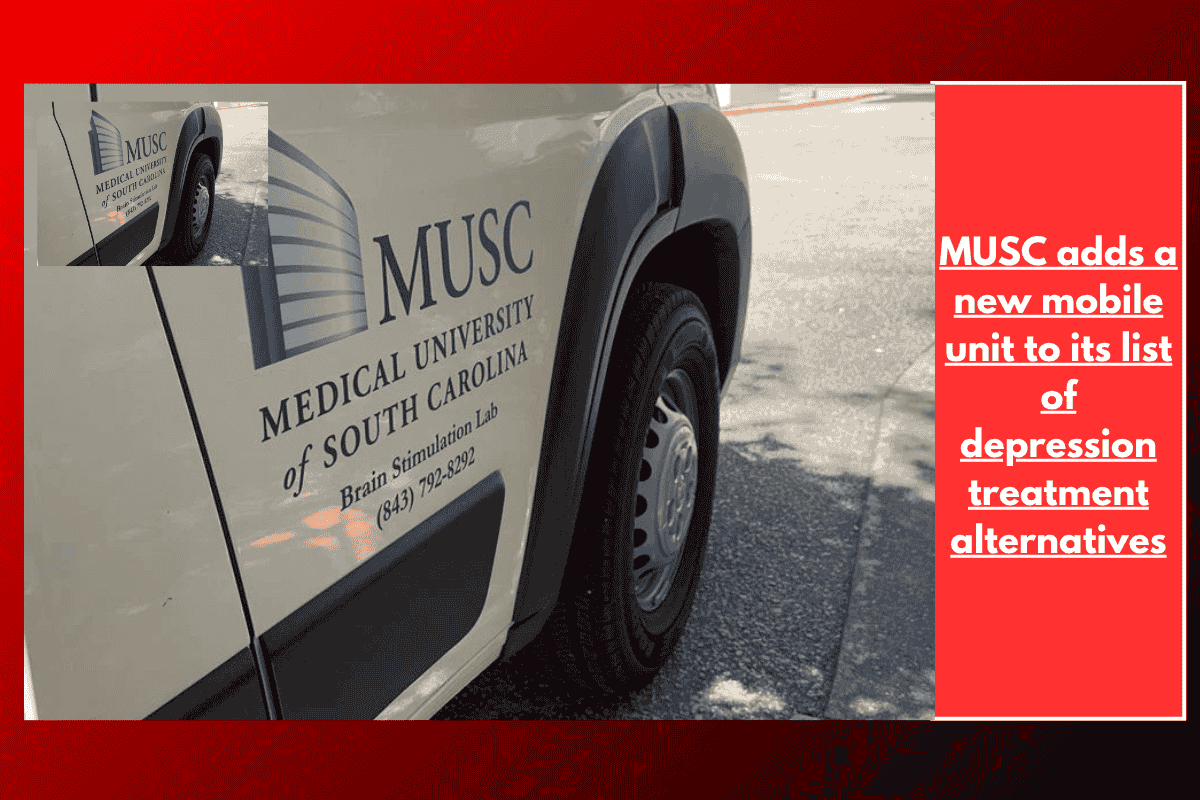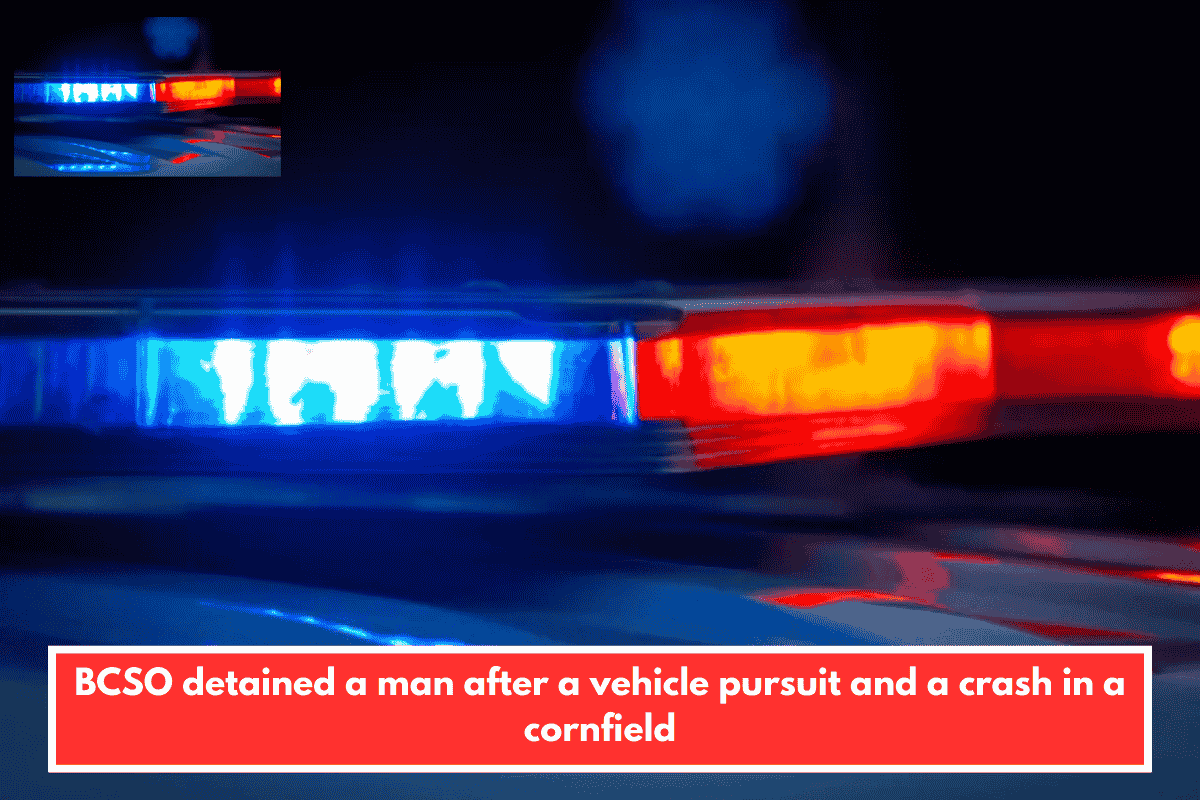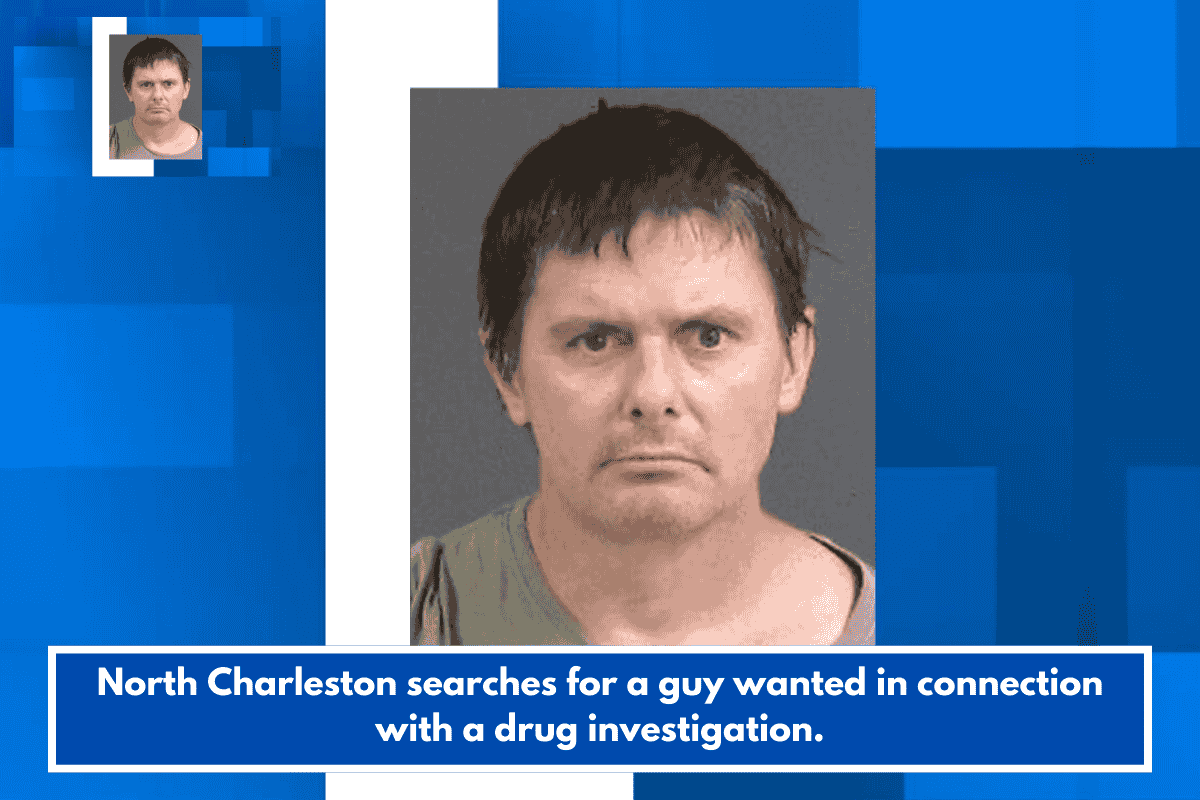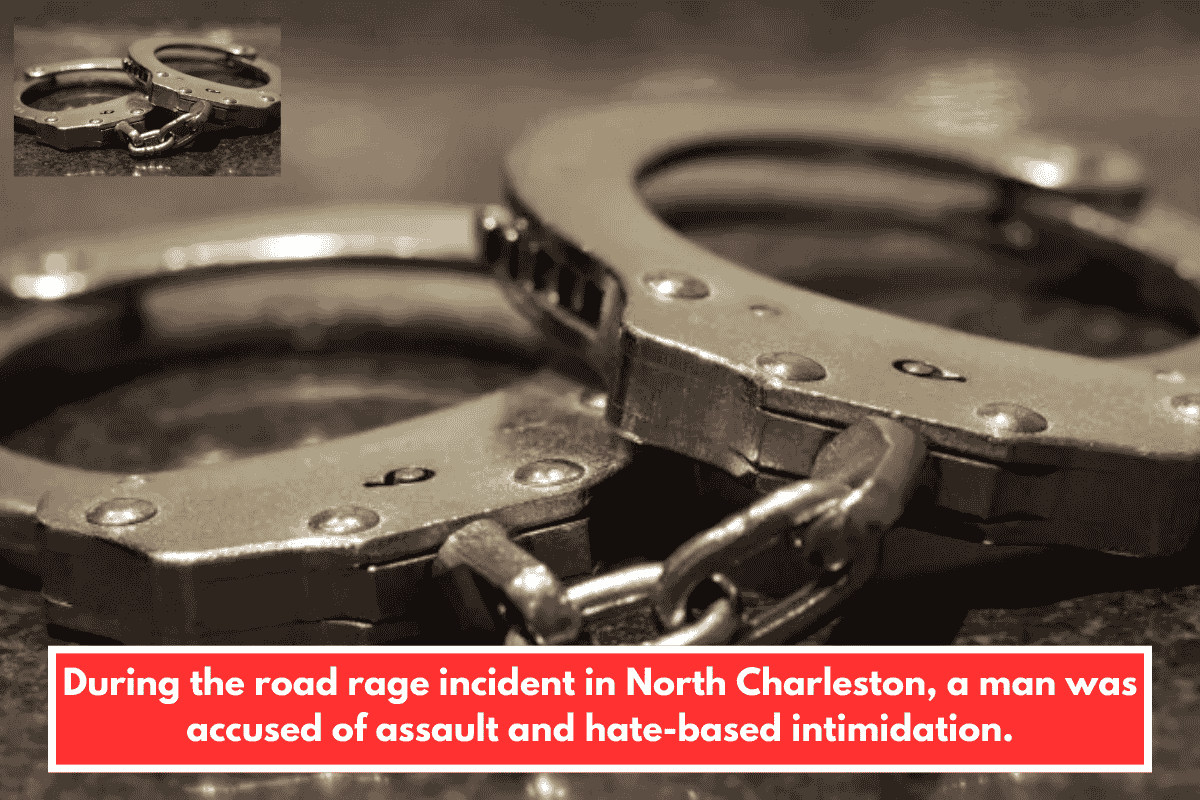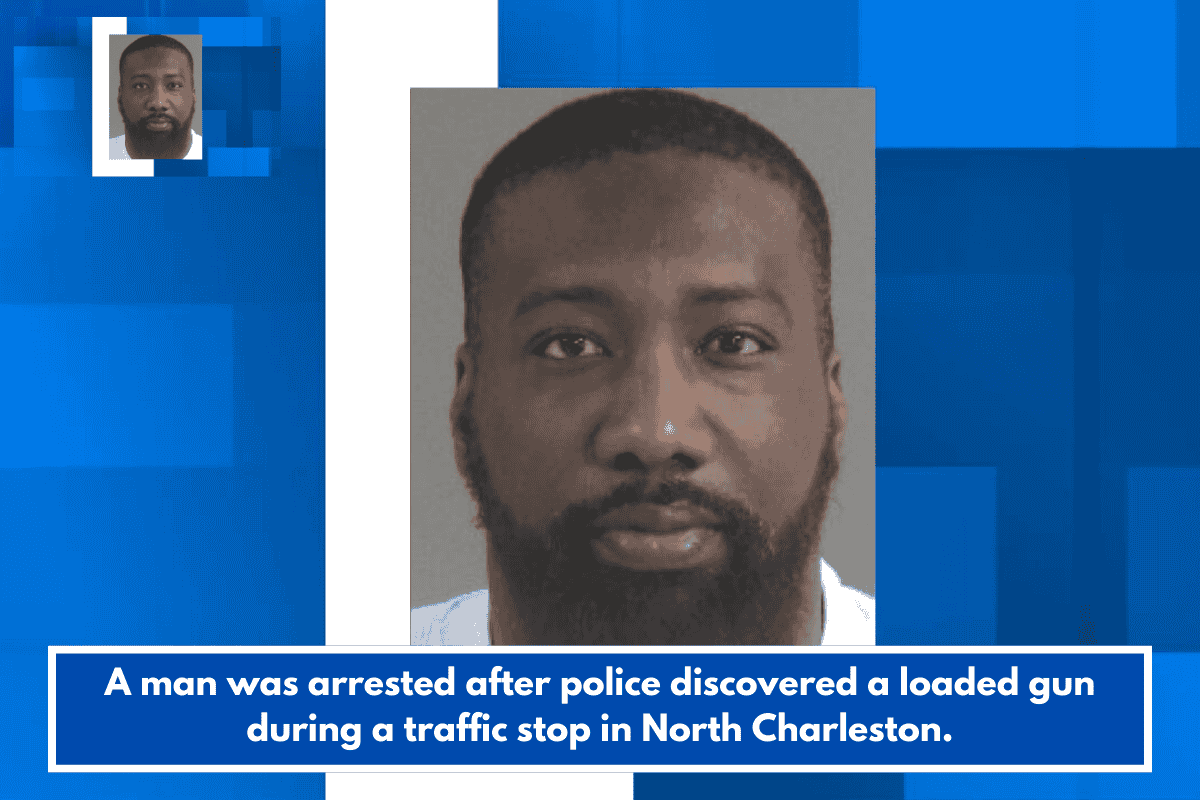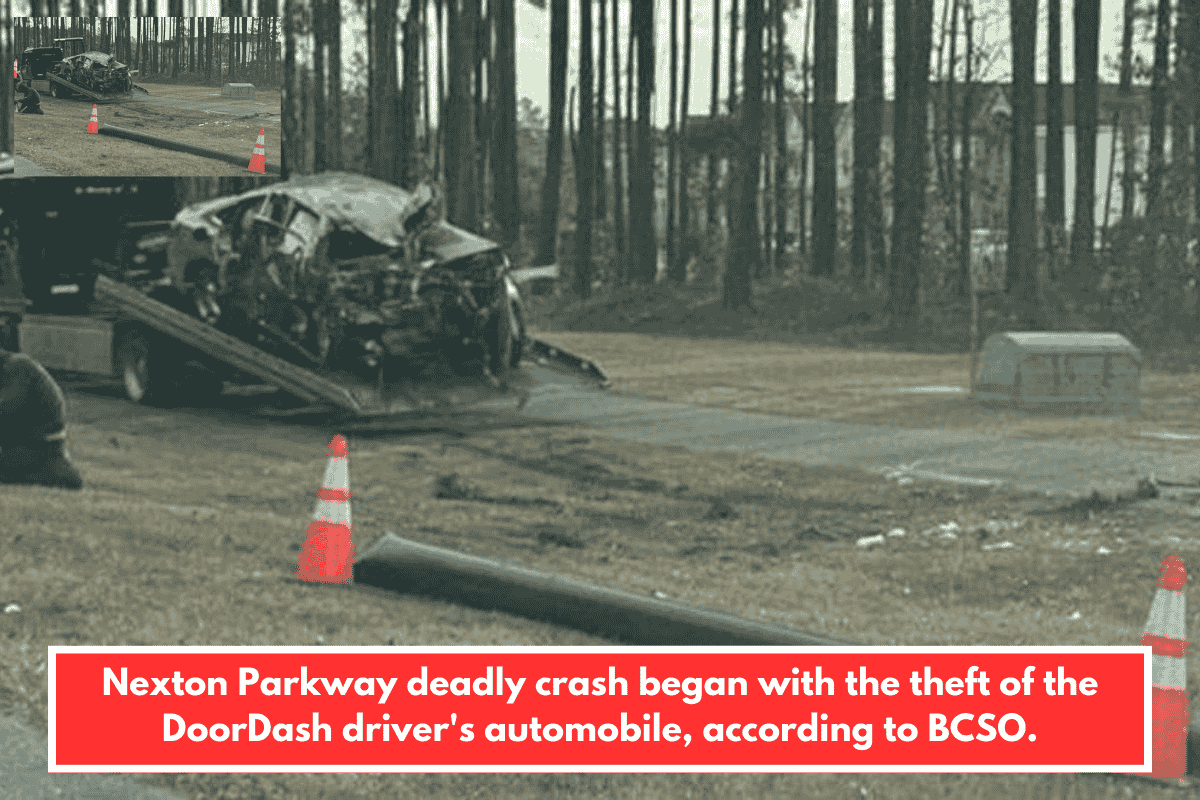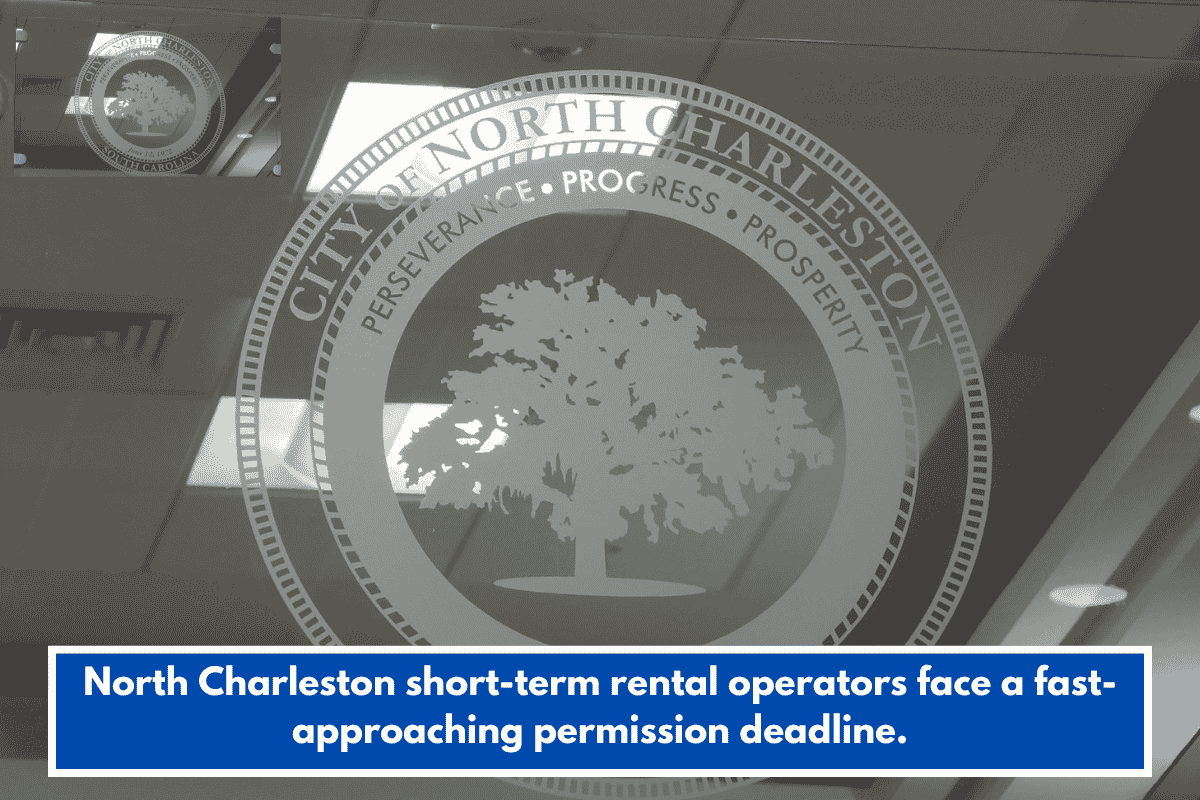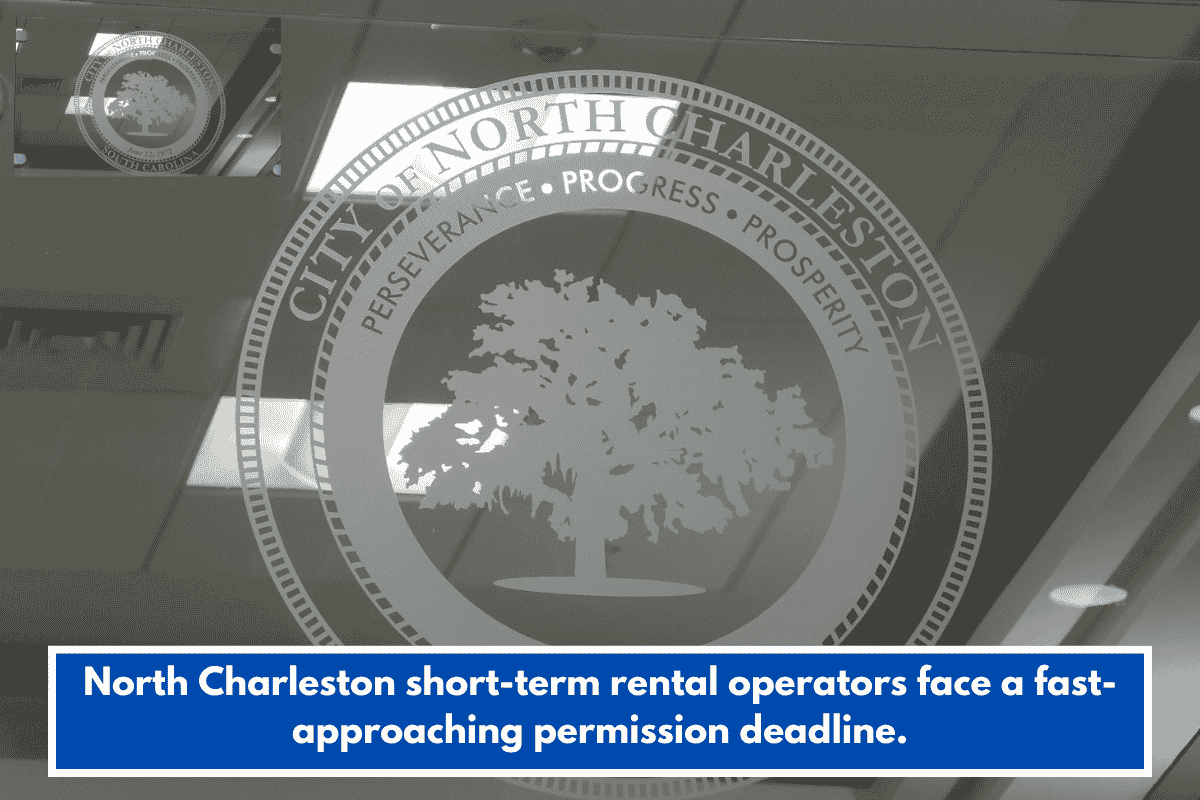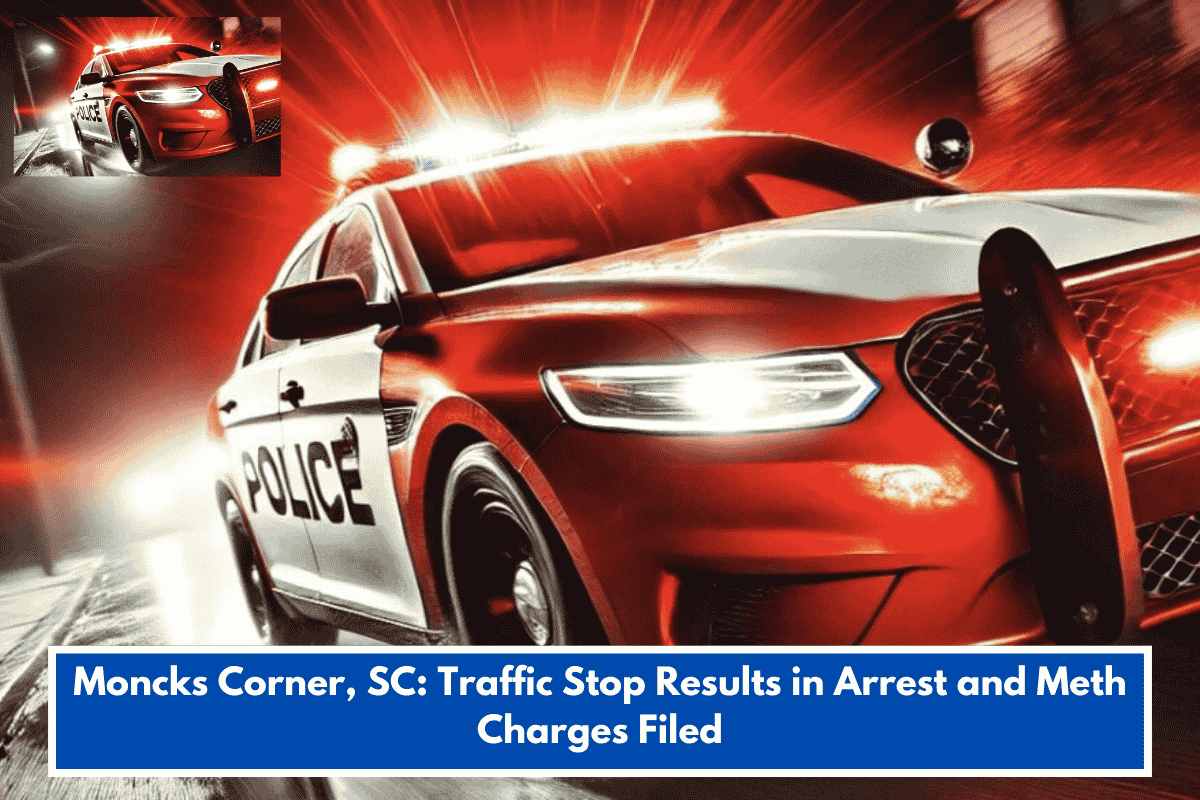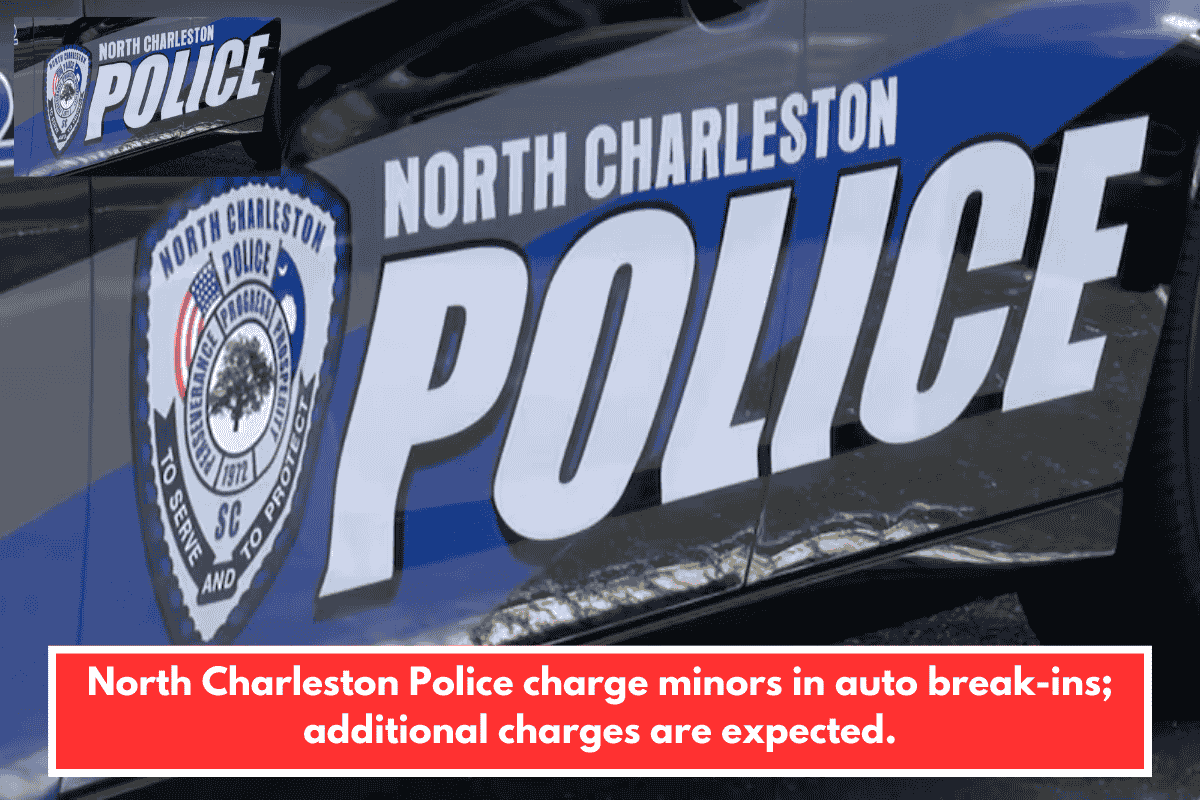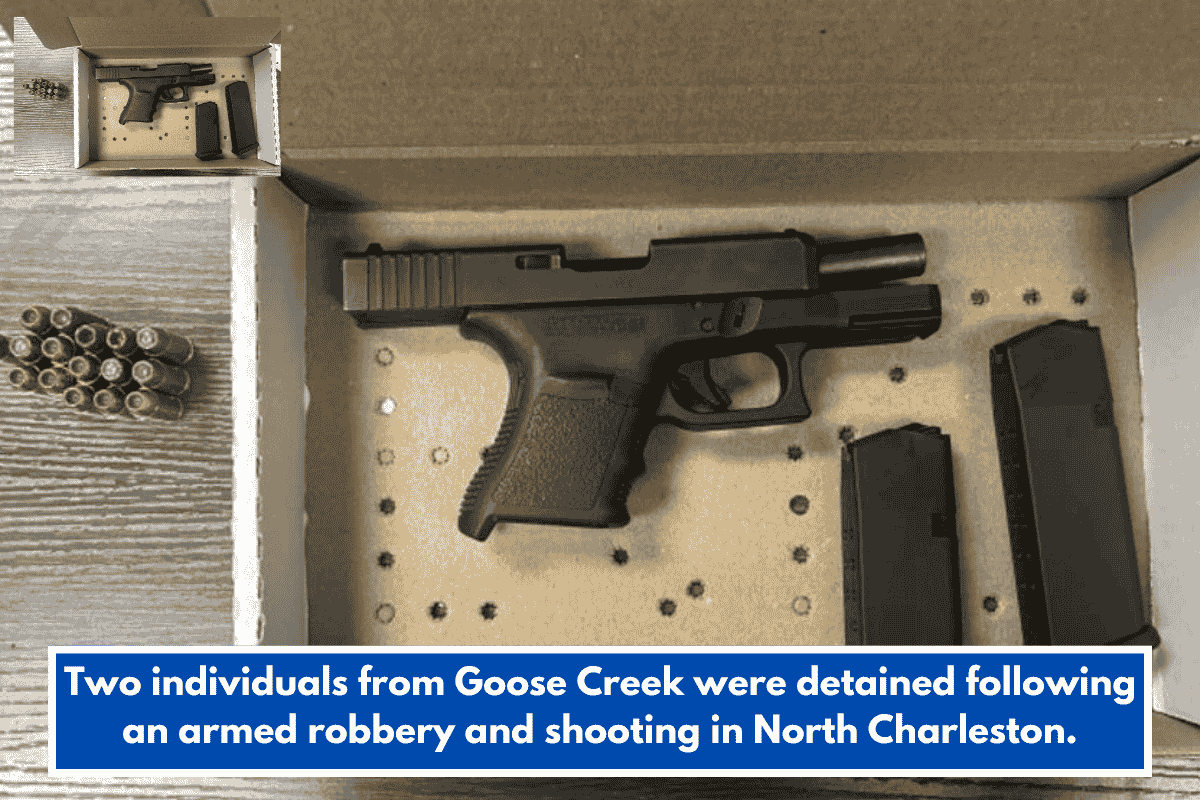CHARLESTON, S.C. – The Medical University of South Carolina (MUSC) is making strides to improve accessibility to depression treatment with the launch of its new mobile brain stimulation lab. The mobile unit brings Transcranial Magnetic Stimulation (TMS), a non-invasive treatment for depression, directly to patients in need, making it more accessible for those who may have difficulty traveling for regular treatment.
Making TMS More Accessible for South Carolina Residents
TMS has proven to be effective for treating depression, particularly for patients who do not respond well to medications or therapy. The treatment works by stimulating the pre-frontal cortex, the part of the brain affected by depression. Dr. Mark George, a psychiatrist and neurologist at MUSC, who was instrumental in the FDA approval of TMS in 2008, emphasized the importance of increasing accessibility for this life-saving treatment.
“It’s saving lives all the time, but only for people who live and are able to access it,” said Dr. George. He pointed out that while medications and therapy help two-thirds of people with depression, about one-third do not respond to those treatments. In South Carolina alone, approximately 26,000 people suffer from treatment-resistant depression and could benefit from TMS.
Addressing Barriers to Treatment
Traditionally, receiving TMS treatment requires patients to attend up to 30 sessions over six weeks, often requiring them to travel to downtown Charleston. This “schlep” factor, as Dr. George calls it, can be a significant barrier for patients, particularly those with family responsibilities or who live in rural areas far from the treatment center.
The introduction of the mobile unit, which brings TMS directly to communities, is a game-changer. Patients no longer need to make the long journey to downtown Charleston for treatment, making it easier for individuals with work, childcare, or caregiving responsibilities to access the help they need.
The “Hope” Van: A Symbol of New Possibilities
The mobile unit, aptly named “Hope,” was funded by a donor who wanted to provide patients with a renewed sense of possibility. The donor noted that depression often robs individuals of hope, and this van is designed to restore that hope. Dr. George shared a success story from the first patient treated in the mobile van, whose depression was alleviated after receiving TMS. Without the van, she would not have been able to access this life-changing treatment due to her family responsibilities.
“We’ve done one patient so far and her depression is gone. She would never have been able to get TMS, with her family responsibilities. The van was really the only way she could do it, and she was very grateful,” said Dr. George.
Looking to the Future
MUSC is currently evaluating the feasibility of the mobile unit as a long-term solution and hopes to expand the service with additional vans. The center is currently offering TMS treatment free of charge to patients who live within 90 minutes of Charleston, ensuring that more people can access this transformative therapy.
A New Era of Depression Treatment
The introduction of the mobile TMS unit represents a major step forward in the fight against depression in South Carolina, particularly for individuals living in underserved areas. By bringing this advanced treatment directly to patients, MUSC is not only improving access but also offering hope to those who may have struggled to find effective solutions for their mental health challenges.

